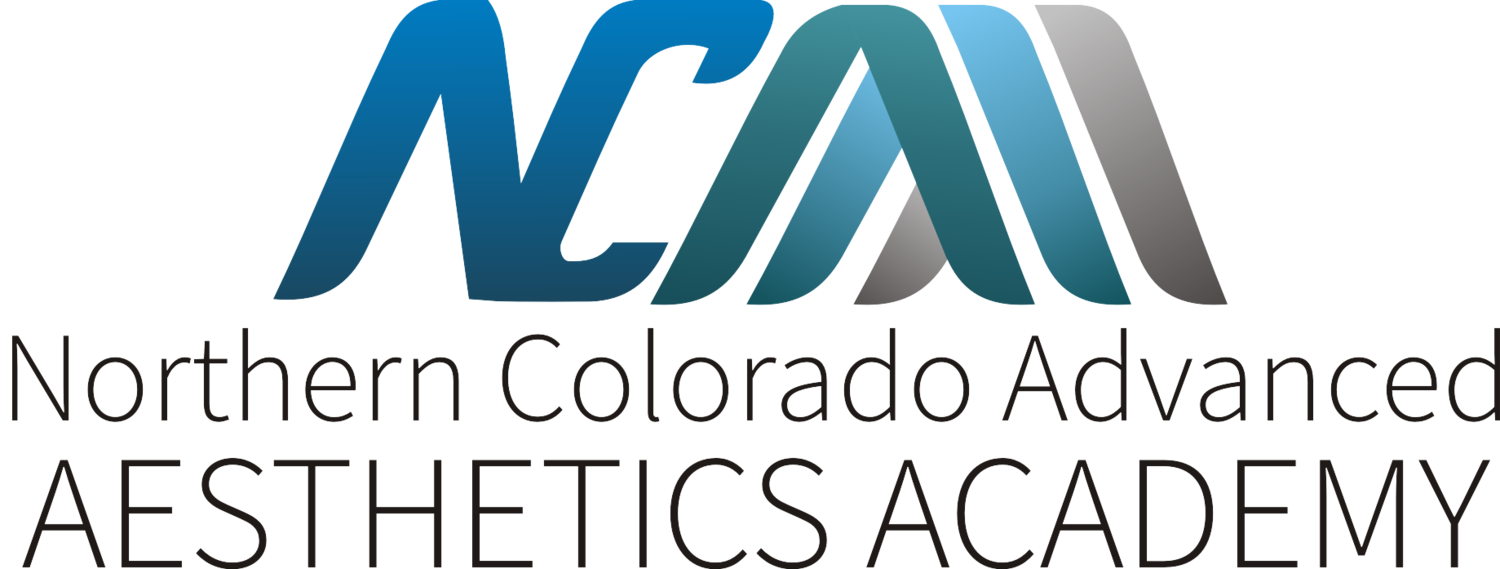How to Become a Skin Specialist: Our Beauty Guide
Skincare specialists, often known as estheticians, often work with clients to assist them in achieving their skin goals. Typically, these services include removing undesirable hair and blemishes, providing skincare advice, and assessing the condition of clients' skin.
Over the years, the need for this employment has increased as more individuals get obsessed with skin care. But what are the prerequisites for someone wanting to assist other people in achieving that youthful, perfect glow?
In this article, we will share several important points on what you need to know about becoming a skincare specialist:
Education
A high school graduation and postsecondary vocational training are required for skin care experts. On the other hand, some companies may demand or prefer that estheticians be up to date on the latest skincare practices. Because of this, taking extra training in skincare from a local aesthetic academy like The Northern Colorado Advanced Aesthetics Academy is critical to staying current with new and advanced procedures!
Furthermore, skin care professionals are required to complete a state-approved cosmetology degree. The leading organization dedicated to these individuals, the Associated Skin Care Professionals, produces a State Regulation Guide that lists the number of prerequisite hours required to complete a cosmetology degree.
Training
Aspiring skin care specialists can enroll in a variety of esthetician schools. Anatomy and physiology, rules and regulations, safety measures, working with chemicals, hair removal, and cosmetics application are among the topics covered in most programs of study. Typically, these programs can be completed in a year. Aside from that, several programs also incorporate customer service, sales, and client retention training.
Apprenticeship
Keep in mind that some states will require skin care specialists to complete an apprenticeship before earning their license. It's also worth noting that states may have their own rules for internships. Some training programs make the application on their students' behalf, while others require students to acquire an apprenticeship independently.
Obtaining a License
As mentioned, skin care specialists are eligible for licensure after completing a state-approved training program and an apprenticeship. Although each state's standards differ, applicants will almost certainly be required to present proof of their training and pass a test.
Continuing education seminars and workshops are available in many states to keep skincare specialists up to date on new procedures and products in the industry. Besides that, manufacturers and trade associations both offer post-licensing training.
Key Skills
For an entry-level role, no prior experience is required. However, it would be advantageous if an applicant has the following critical skills: excellent customer service, the ability to sell products, time management, organization, and understanding of skincare products and skin types.
Conclusion
At this point, you now know that a skin care specialist can begin giving facials, full-body treatments, and head and neck massages after completing all necessary training and protocols. Other skin care procedures, such as peels, masks, and scrubs, may also be offered. More than the treatments, it can be a fulfilling career because you not only wash and beautify your clients' faces and bodies, but you also have the opportunity to boost their confidence and make them feel better about themselves!
Do you want to become a skincare specialist? Are you looking for advanced aesthetics and cosmetology training? The Northern Colorado Advanced Aesthetics Academy is the top choice. We offer training in the classroom and directly in our beautifully appointed classroom to ensure students get the best hands-on training needed for this growing field. Get in touch with us today to learn more about our programs!
